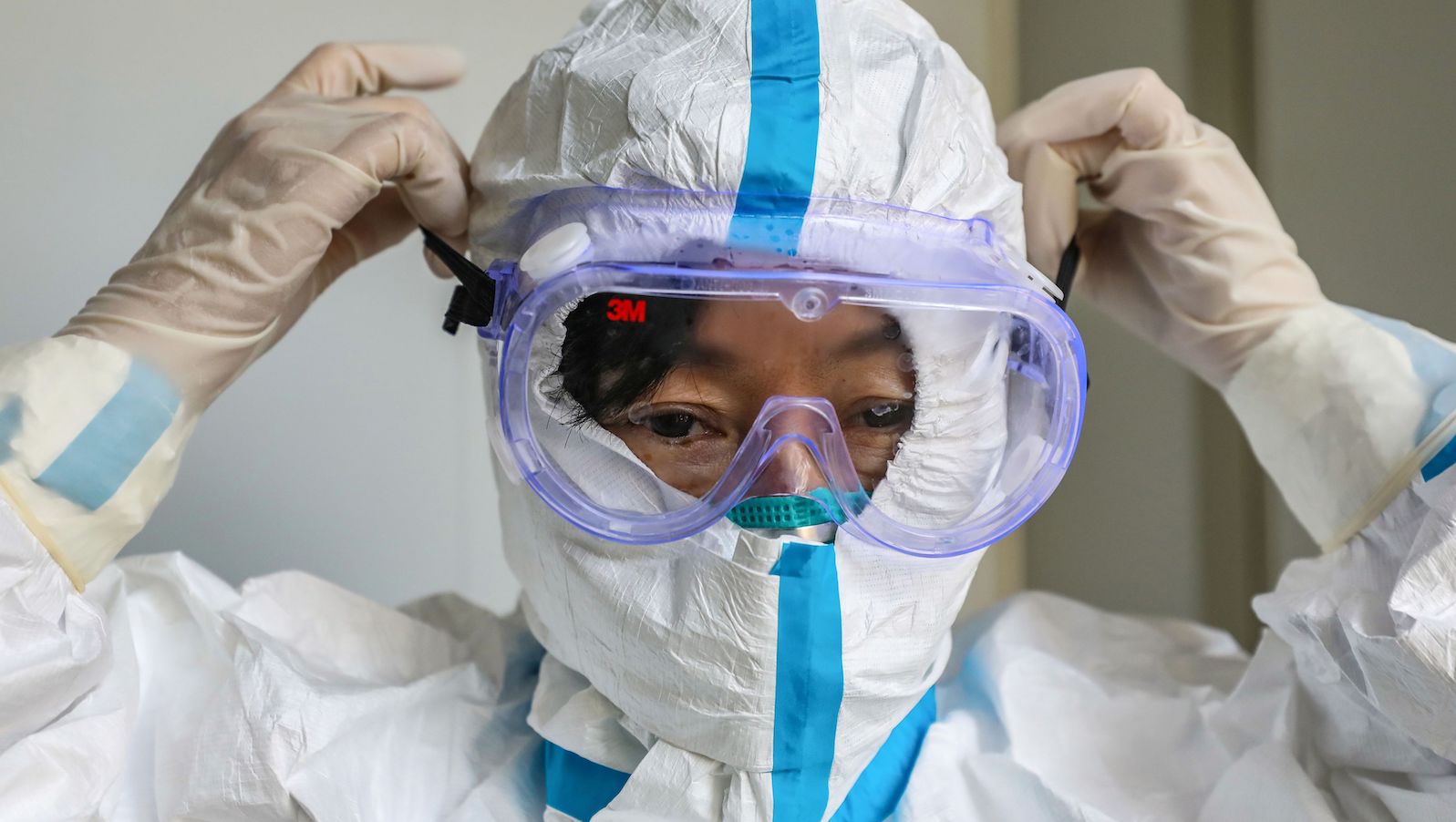The real origin of the coronavirus is one of the questions to which scientists seek an answer. A team from the World Health Organization, WHO, has done a series of tests in China. In this episode Dr. Elmer Huerta talks about the results of this research.
You can listen to this episode on Apple Podcasts, Spotify, or your favorite podcast platform, or read the transcript below.
Hello, I am Dr. Elmer Huerta and this is your daily dose of information on the new coronavirus. Information that we hope will be useful to take care of your health and that of your family.
Today we will see what has been learned about the origin of the pandemic in China.
The origin of the coronavirus pandemic: the big question mark
One of the great mysteries of the pandemic is the origin of the virus, and one of the consequences of that uncertainty is the appearance of multiple theories that try to explain it. Theories ranging from those that are based on science and evidence, to those that simply express wishes and fantasies of groups of people.
On February 9, the results of a nearly four-week visit by an international team, consisting of 17 scientists from the World Health Organization (WHO) and 20 Chinese scientists, were released.
Zoologist Peter Daszak, a member of the delegation, told Citizen Free Press that many labs were visited and really tough questions were asked of individual Chinese directors and scientists, clarifying that the data and transcripts of the interviews will be released in an upcoming WHO report.
He also praised the “remarkable openness of China.”
Dr. Daszak clarified that, despite having obtained abundant data on the possible origin of the pandemic, it will take months or years to know the truth about the origin of the virus, adding that there is no evidence that covid outbreaks have occurred. -19 earlier than those demonstrated in early December, and that the virus may have been brought in by a person from another country.
What the WHO says about the origin of the pandemic
Dr. Peter Ben Embarek, head of the international delegation indicated that the findings suggest that the theory that the pathogen came out of a Wuhan laboratory is “extremely unlikely”, a popular theory defended by former US President Donald Trump. but that many scientists had discredited.
The commission corroborated that the hypothesis of the passage of the coronavirus from one animal to the human being through a second species is the “most probable”, but that a definitive answer is far from being found. Dr. Embarek stated that it was probable that the first animal was a bat, and there are still doubts as to which could have been the second animal.
In the same way, it was reported that it has not yet been possible to identify the “zero patient”, that is, the first patient with covid-19 of the pandemic, and that it is possible that this could never be identified, since it could be that this person has been asymptomatic.
Despite having worked together, it was striking that in the press conference that lasted approximately three hours, both delegations, the Chinese and the international, had separate presentations.
Could the virus have come from another place?
In this regard, the Chinese delegation emphasized that the virus could have reached China from some other country through frozen merchandise.
In another important revelation, Dr. Embarek said that it was not clear that the pandemic originated in the Wuhan seafood market, because there were other simultaneous sources of contagion in the city.
Finally, it was revealed that there is no evidence that covid-19 cases have occurred before December 2019.
In summary, a nearly four-week project, which included visits to various places in China for 12 days, which took more than a year to crystallize, which led to bitter political disagreements, does not shed more light on the mysteries of the origin of the pandemic than it has taken the lives of more than two million people. Without a doubt, we will have to wait if the final report gives us some other type of additional data.
Do you have questions about the coronavirus?
Send me your questions on Twitter, we will try to answer them in our next episodes. You can find me in @DrHuerta. You see that we answer them.
If you think this podcast is helpful, help others find it by rating and reviewing it on your favorite podcast app. We will be back tomorrow so be sure to subscribe to get the latest episode on your account.

